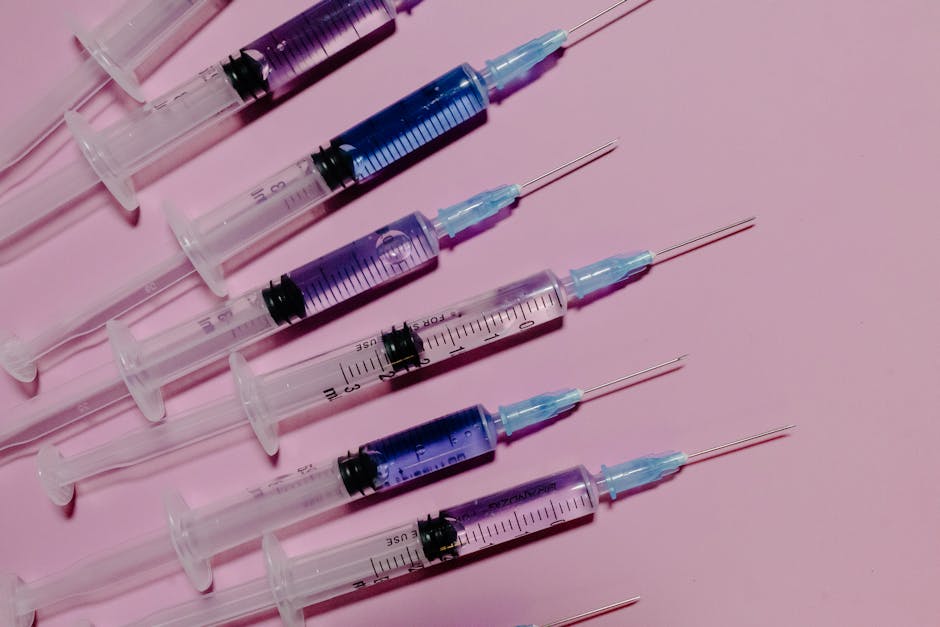HIV Prevention Costs for Uninsured Individuals: Affordable Options
When it comes to HIV prevention, uninsured individuals often face a daunting financial challenge. Medications like PrEP (pre-exposure prophylaxis), doctor visits, and regular lab testing can stack up quickly. Without insurance, it might feel like effective prevention is out of reach, but that’s far from true. There are resources and strategies designed to make HIV prevention affordable, even if you don’t have health coverage.

Let’s break down some practical options for cutting costs without compromising care.
Understanding the Costs of HIV Prevention
To get a clear picture of what you’re dealing with, it helps to understand where the expenses for HIV prevention come from. PrEP medications like Truvada or Descovy are highly effective but can cost over $1,800 per month without insurance, definitely not pocket change. On top of that, routine doctor visits and lab tests to monitor your health while on PrEP can add hundreds more to the total.
But here’s the good news: there are programs specifically aimed at reducing these costs for people who lack insurance. You just need to know where to look and how to qualify.
Prescription Assistance Programs: A Lifeline for Many
Pharmaceutical companies behind PrEP medications often run assistance programs to help uninsured individuals afford their products. Gilead Sciences, which manufactures both Truvada and Descovy, offers a program called the Advancing Access Patient Assistance Program. If you meet certain income requirements, this program may cover the full cost of your medication.
The application process is relatively straightforward: you’ll need to provide proof of income and residency in the United States. Some clinics can even help you fill out the paperwork if it feels It’s worth checking out Gilead’s website for more details: Gilead Advancing Access.
Low-Cost or Free Clinics for Routine Care
Doctor visits and lab work might seem like an unavoidable expense, but community health centers and public health clinics often provide these services at little to no cost. Federally Qualified Health Centers (FQHCs), Operate on a sliding scale based on your income. These centers can offer affordable consultations and lab testing related to HIV prevention.
You can locate an FQHC near you through the Health Resources & Services Administration website: HRSA Find a Health Center. Some clinics may also participate in state-funded HIV prevention programs that offer free or reduced-cost care for uninsured patients.
The Ryan White HIV/AIDS Program
This federally funded program primarily supports people living with HIV, but some parts of it extend services to those at risk. Local Ryan White providers often have resources available for individuals seeking preventive care, including access to PrEP and related medical services.
Each state runs its own version of the program, so benefits vary depending on where you live. To find out what’s available in your area, visit Ryan White HIV/AIDS Program. It’s a fantastic safety net if other options aren’t sufficient.
Generic Medications: A Budget-Friendly Alternative
If brand-name PrEP medications like Truvada feel financially out of reach even with assistance programs, don’t overlook generic versions. Generic equivalents are often priced significantly lower than their branded counterparts while maintaining the same level of effectiveness.
Generic Truvada became available in the U.S. in 2020 and costs a fraction of the original price, sometimes as little as $30 per month through online pharmacies or discount programs like GoodRx (GoodRx). It’s worth discussing this option with your healthcare provider if cost is your main barrier.
The Role of State-Specific Programs
Some states go above and beyond federal offerings by providing their own assistance programs for HIV prevention. For example:
- California: The California PrEP Assistance Program (PrEP-AP) covers medication costs and ancillary services like doctor visits and lab tests for uninsured residents.
- New York: The New York State Department of Health runs a PrEP Assistance Program that provides similar benefits.
- Washington: Their Drug Assistance Program helps eligible individuals cover preventive medication costs.
If you’re not sure whether your state offers something similar, start by contacting your local health department or visiting their website, they’ll often point you in the right direction.
The Power of Advocacy Organizations
A number of nonprofit organizations are deeply invested in helping people access affordable HIV prevention tools. Groups like AIDS Healthcare Foundation (AHF) or local LGBTQ+ community centers frequently offer free testing and low-cost consultations and they’re typically well-versed in connecting uninsured individuals with funding opportunities or other resources tailored to their needs.
You might also consider reaching out to organizations like AIDS United, which works on both national and regional levels to provide support services for HIV prevention efforts. They can help steer you toward affordable options in your area.
A Little Effort Goes a Long Way
Tackling HIV prevention without insurance may require some legwork (whether that’s applying for assistance programs, tracking down generic medications, or finding low-cost clinics) but it’s entirely possible. Affordable options exist; they just take a bit of research and determination to uncover.
The bottom line? Protecting yourself doesn’t have to break the bank. With persistence and the right tools at your disposal, staying proactive about your health is within reach, even without insurance coverage.
